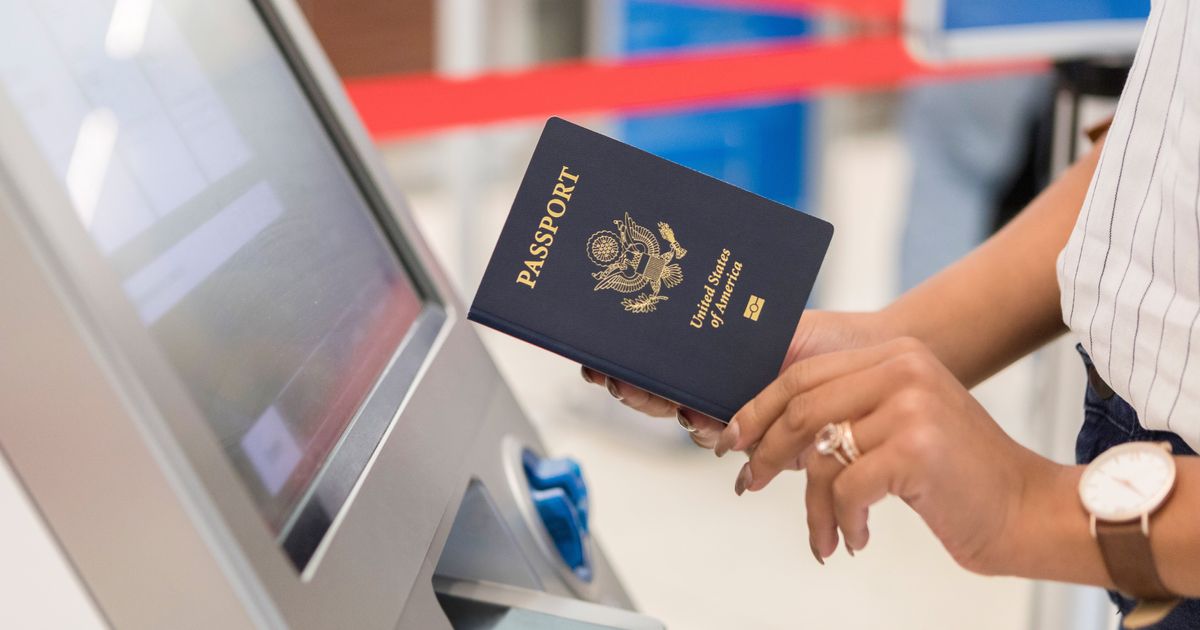If you’re an avid traveler, there’s nothing quite like the feeling of seeing your passport fill up with stamps, turning that once-blank travel document into a nostalgic little memory book.
But as delightful as it is to have a paper trail of evidence of your past adventures, your large stamp collection could lead to issues on future trips if you don’t pay close attention. That’s all due to a passport validity rule that many people overlook.
“One rule many travelers miss is needing an adequate number of blank pages in their passport for visas, and entry and exit stamps,” David Alwadish, the founder and CEO of the passport and visa concierge service ItsEasy.com, told HuffPost. “This is often forgotten, especially by those with passports close to expiring or having only a few blank pages.”
The U.S. State Department did not set the blank pages rule, which stems from other countries’ requirements for international visitors.
“Some countries require passports to have at least two to four blank visa or stamp pages, and thus, some airlines will not allow you to board if this requirement is not met,” said Caroline Tanner, a trends writer at The Points Guy.
Just as travelers often need to have at least three to six months of passport validity beyond the dates of an international trip, they may also need to have a certain number of empty pages depending on the requirements at their destination.
“The basis for this rule is maintaining proper security measures and part of the entry and exit requirements,” Alwadish said. “Not meeting this requirement can cause problems at borders. If the traveler does not have the required blank pages in the passport, the passport will technically be invalid and the person may not be allowed to board the plane.”
He emphasized that airlines can bar passengers who do not meet the requirement from boarding their flights to avoid complications at the international destination.
“If for whatever reason it is overlooked in the U.S., the traveler may take a big risk once they arrive at their destination country, as every border patrol officer has the right to determine the outcome,” Alwadish explained. “They may have travelers detained, pay a fine or let them pass.”
Taking that kind of risk in a foreign country is not advisable, he added. And there’s a long list of countries that have this rule in place. Italy, Portugal, Singapore, Germany, India, Belgium, South Africa, the Netherlands, Cuba, Iceland, Zimbabwe…
Click Here to Read the Full Original Article at Travel…
